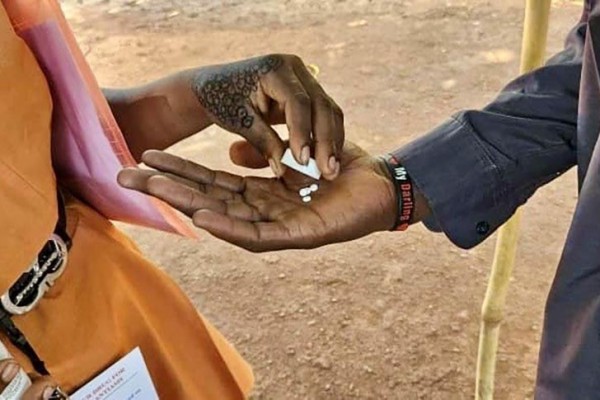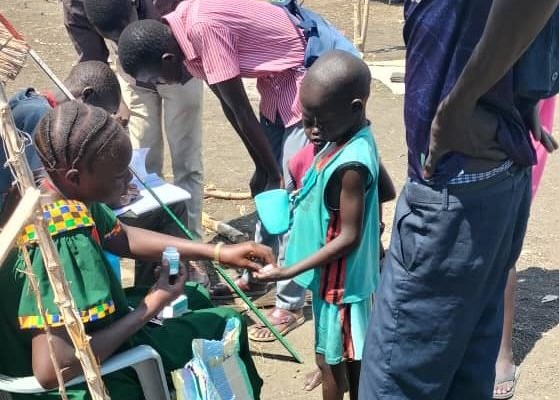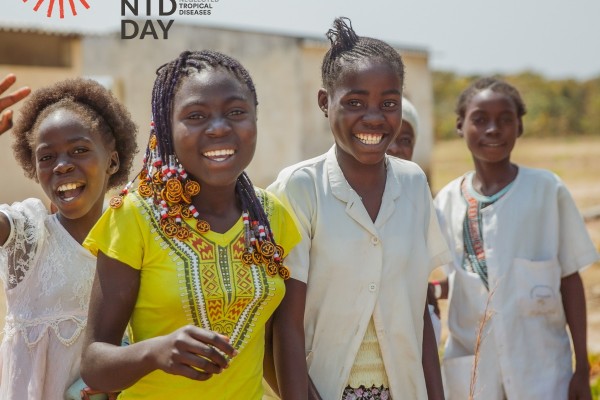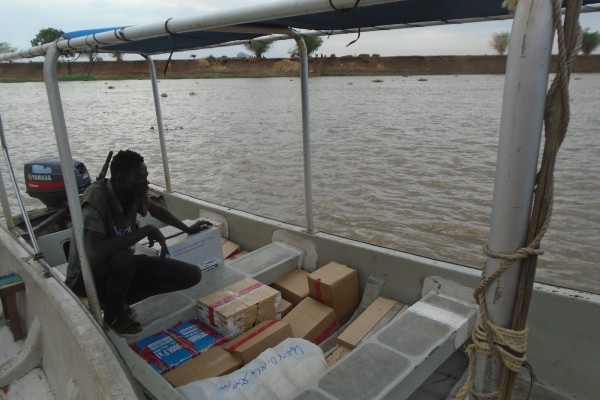MENTOR provides technical assistance and operational support to mass drug administration campaigns, distributing medication to people who are in areas at most risk of neglected tropical diseases, such as lymphatic filariasis, onchocerciasis, soil-transmitted helminthiasis and schistosomiasis.
We partner with local health authorities to tailor mass drug administration campaigns to the specific needs and epidemiological context of each administrative unit.
We support local governments to plan, coordinate and implement campaigns, including putting supply chain mechanisms in place for effective distribution, and engage with communities to maximise coverage and compliance.
Monitoring the implementation of mass drug administrations and evaluating their impact is an important component of the programme. Monitoring systems are set up to assess the coverage of mass drug administration interventions and identify areas for improvement using tools such as supervisor coverage tool and coverage evaluation surveys.
By strengthening data collection and analysis, governments can make evidence-based decisions and refine their strategies to reach everyone at risk. This increases the impact and improves efficiency by refining the targeting of those in need and ending mass drug administrations where it is no longer necessary.
This tailored approach also ensures hard to reach communities are targeted effectively through effective mobilisation of resources to where they are really needed.
By engaging with local communities, we identify those usually not treated and develop strategies to reach people such as minority groups, children out of school, economic migrants, displaced people and refugees.
MENTOR’s experience in supporting mass drug administration in diverse settings includes countries affected by humanitarian crises and those with limited resources.
For example, MENTOR has supported mass drug administrations in South Sudan and Angola, working closely with local governments and communities to reduce neglected tropical diseases.





